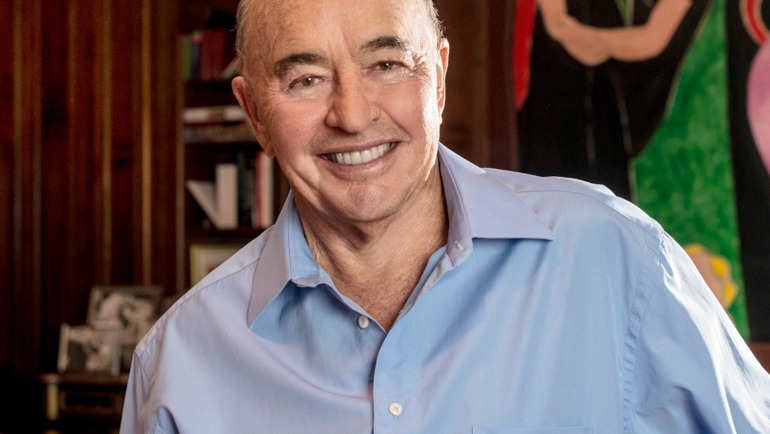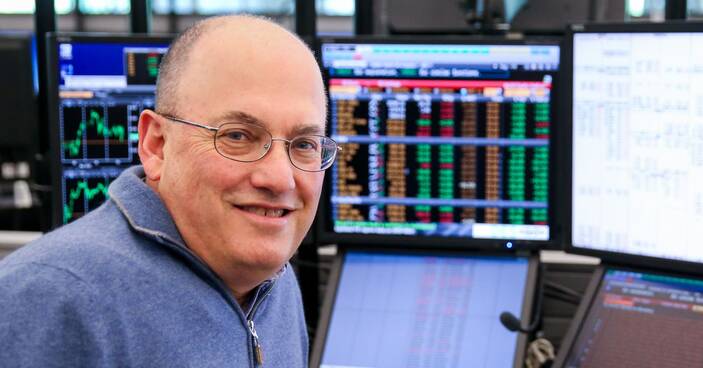Online Forex, commodities, and stock trading became the primary source of income for many. Nigeria is not left behind as millions of Nigerians are trading in the international Forex market from the comfort of their offices and homes, making sustainable profits. Mr Uche Paragon, the young Nigerian, is one of the most successful traders. He has made huge profits trading Forex and commodities online. In his interviews, he explains how he made his path towards learning this trading skill and how successful he has become in trading currency pairs and commodities online.
Uche Paragon Trading Career
He started trading currency pairs in 2006. Later, he extended his trading skill to other markets such as stocks. Currently, he specializes in trading currencies and commodities, primarily crude oil.
He chose to trade commodities since it is the most attractive market with many investors worldwide. There is no shortage of news predicting the price of oil to move on a daily basis. It presents many trading opportunities, whether your focus is on day trading futures or a longer-term commodity trader or investor.
The price of commodities, especially crude oil, influences other assets’ prices, including currencies, stocks, bonds, and even other commodities. Crude oil remains a major source of energy production for the world.
In addition to this, Paragon owns a currency trading school. It’s located in Lagos and Port Harcourt. He is also the director of InstaforexNaira. In his Forex trading school, he and many other mentors teach people all they need to understand trading online. Also, they learn how to manage their risk and emotions in trading to maximize profit.
Uche Paragon CCHe Trading Firm
Paragon’s trading firm comprises various professional traders, economists, advisers, and market analysts. Their work in CCHe is to trade their own account. But also, they trade for those who have trading accounts but lack the adequate skill to trade on profit. CCHe trades for such individuals and shares profit with them.
Uche Paragon Commodities Trading Tips
Here are several wise tips on trading commodities from the perspective of Uche Paragon and learned at his trading school in Laos.
What affects commodity prices?
As with any asset, the price of commodities is primarily guided by the law of supply and demand.
Good to know: through taxation or legislation, the public authorities can impact the price of a commodity.
Demand: The second part of the equation, according to Uche Paragon
Many factors affect the supply of commodities. They all have a more or less strong influence depending on the raw material in question.
If we take the example of weather conditions, these could have a real impact on agricultural production in certain regions of the world. Heat waves, excessive rainfall, and hail will be events that will play a role in the production of s cocoa, cotton, or coffee.
Other parameters such as government intervention on regulatory issues can have an influence. If a country decides to tax the entry of raw materials from outside, this will impact the price of said raw materials.
Finally, certain parameters such as war, health crises, or even geopolitical tensions can have a very strong influence on the supply of a commodity. This is often the case with the oil supply, which is often used as a means of pressure.
The impact of demand
The demand for a raw material can be affected along several axes as well. Changing consumer habits or even certain events such as crises can profoundly modify demand. The appearance of substitutes can also significantly vary the demand for a good.
Another factor of short-term variation in demand is the evolution of the exchange rate. Commodities are essentially quoted in dollars. As a general rule, when the dollar increases, the price of raw materials will tend to decrease. This decrease will, in turn, cause an increase in demand.
Geopolitical risks and commodity prices
This is true for all raw materials, but especially for oil and gas, which can become a commodity for negotiation in times of tension between two countries. This is particularly the case when a country refuses to export to others or when certain states take isolation measures against countries.
Climate risks and commodity prices
This is particularly true for trading agricultural commodities. A bad year, violent hailstorms or even a long drought can lead to a drop in the global supply of a product. This will often result in higher prices as the product is scarcer.
Consumption habits
The exchange of raw materials is estimated to be 25% from speculation and 75% for consumption. Nevertheless, each of them remains subject to the consumption habits of end consumers. This can dramatically change prices and cause investors to lose or gain money.
The risk of rapid capital loss with leverage
Most commodities have a leverage effect of up to 10 and even up to 20 for gold with brokerage services. The leverage effect can allow you to win faster but also make you lose. Understanding the Stop Loss and Take Profit levels is also important when trading with leverage.
How much money can you make trading commodities?
As with any asset, your return will mostly depend on how much you invest and what commodities you invest in agricultural and mineral commodities.
How to invest in commodities?
Investing in commodities has almost always been a winner, especially in periods of economic rebounds or inflation. Trading commodities with CFDs allow you to take advantage of both rises and possible falls in commodity prices! Your main drag is the transaction cost associated with trading commodities. In order to maximize gains while limiting costs, you will need to invest with a reliable and recognized online broker.
What commodities should you invest in?
It is up to you to determine what suits you best based on, for example, your knowledge of a particular sector.
A big advantage of investing in commodities is that they are extremely liquid and not very sensitive to inflation. On the other hand, some raw materials are more volatile than others, and a factor such as a climate impact is certainly difficult to control.
However, in a financial crisis, commodities are generally less quickly affected than equities, for example.
As always, a golden rule will be to diversify your investments and not put all your eggs in one basket.
















